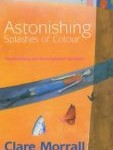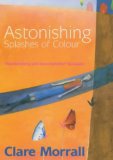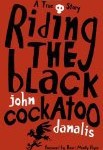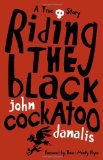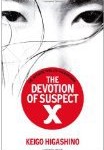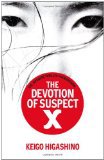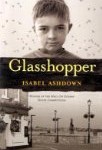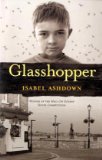This time last year I resolved to abandon any book that failed to excite me. When I made that resolution I failed to appreciate how difficult this task would be, but a year down the line I’m getting better at it, having learnt a lot more about my reading personality.
How Does it End?
The problem with abandoning books is that you don’t get to find out what happens in the end. That sounds obvious, but, particularly in the case of popular classics, this really bothered me. I initially found it very difficult to abandon these books, wasting days of valuable reading time ploughing through to the end. There are a few solutions I’ve utilised in the past year, but you’re probably not going to like them:
- Skim read the dull sections
- Ask someone else what happens in the end (Twitter is particularly useful for this!)
- Read the plot summary on wikipedia
- Watch the film version
Over the course of the past year I’ve used all these tactics at some point and now have a vague idea of what happens in a large number of books that weren’t to my taste, freeing my time to enjoy those books that do capture my imagination. I’m sure that some people will be appalled that I advocate skimming the classics, but the reality is that there are far too many to read in a lifetime and so I’d prefer to dedicate my reading time to those that are enjoyable.
Abandonment Dilemmas
My biggest abandonment dilemmas come from books that have both positive and negative attributes. The problem is that these often make the most interesting reviews and I enjoy thinking and writing about these flawed books. As I mentioned last week, these flawed books frequently stick in my memory and go on to become favourites. So for the time being I am going to continue reading/reviewing them.
Boring Books
I don’t have any qualms about abandoning boring books. Anything that fails to elicit a response (either positive or negative) will be abandoned. I’ve discovered that the more ruthless you are, the higher the overall quality of your reading will be. Earlier this month I read two amazing books. I then went through a mini reading slump where everything seemed dull in comparison. I ended up abandoning 6 books in a row, but that 7th book was outstanding. When reading books in quick succession the gems seem to shine far brighter and I’m so pleased that I’ve set high standards for my reading.
How This Affects the Blog
It amuses me to read the part in my post last January about my blog being a more positive place to be. I didn’t realise that mentioning all my abandonments would mean that the negatives would far out-weigh the positives. This is a reflection of reality as there are very few outstanding books in the world, but I quickly realised that it wouldn’t be right to mention all the books I abandon on my blog. I now only mention those where I feel I have something to add – the times when I find myself going against the tide of public opinion or find a particularly well written book that I know others will love.
I will probably not mention:
- Books I give up after just a few pages and can’t really explain why
- Books from debut authors, especially those that haven’t had much coverage
- Older books that aren’t well known
- My failed attempts to investigate unusual genres
I will still continue to give honest negative reviews and mention books I’ve abandoned (particularly prize winning books). I’m hoping the only difference you’ll see is the higher number of highly rated books.
I think the key is to be open to trying new things. I am often surprised by which books I end up loving. My battles with dull books have shown that you normally know which ones will work for you from the first few pages.
Don’t be scared to abandon books!
Be ruthless and spend your reading time wisely!

